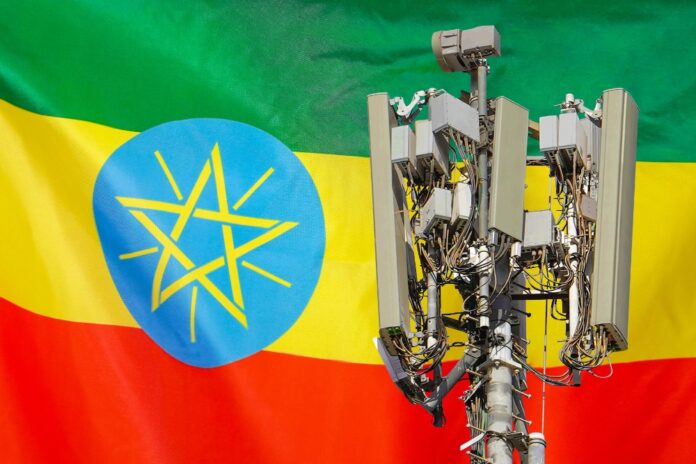Three operators already in the frame with new tender closing mid-September
Ethiopia’s communications authority (ECA) has launched the tender for its second new nationwide telecommunications licence, bringing further competition to one of Africa’s largest markets.
In a short and sweet press release, the ECA invited “world-class telecommunications operators to come forward and take part in this exciting opportunity to operate within Ethiopia’s rapidly growing economy.”
e& (formerly Etisalat) has indicated an interest in becoming Ethiopia’s third operator. The Ethiopia Monitor also says Orange and Veon have indicated an interest in entering the market.
The authority pointed to recent liberalisation successes including a stronger telco legal and regulatory framework, new financial services rules and the availability of additional spectrum.
The state-owned Ethio Telecom has the lion’s share of the market. Kenya’s Safaricom launched its mobile network in Ethiopia in October last year, becoming the first private operator to challenge Ethio Telecom.
In addition to offering a third operating licence, the government has also said in February that it will sell up to 45% of the state incumbent, although no date has been announced.
Safaricom’s big bet
Last week, Safaricom appointed ex-MTN Group executive Wim Vanhelleputte as chief executive officer of its Ethiopia business from September. He replaces Anwar Soussa, who will exit the post at the end of this month.
Safaricom secured a financial licence in May and Vanhelleputte has been tasked with making it a success in Ethiopia. Under the terms of the licence, which was granted in May, Safaricom is permitted to offer its M-Pesa phone banking service in the country. The telco is the first foreign entity to be granted such a licence in Ethiopia, as the Abiy Ahmed government continues to pursue a policy of liberalisation and privatisation in strategic sectors.
African Business reports that Safaricom is planning a huge investment in the populous country. In October 2022, announced plans to invest US$300m a year into Ethiopia until 2032, having already invested US$1.2bn. Fewer than 40% of Ethiopia’s 120m population have a mobile phone and Safaricom believes that it could be in prime position to generate significant returns in a newly liberalised market.
However, the telcos’ shareholders will be further tested as Safaricom’s sizeable investments in Ethiopia have eaten into the company’s margins.



